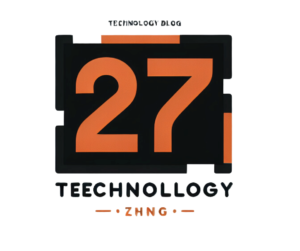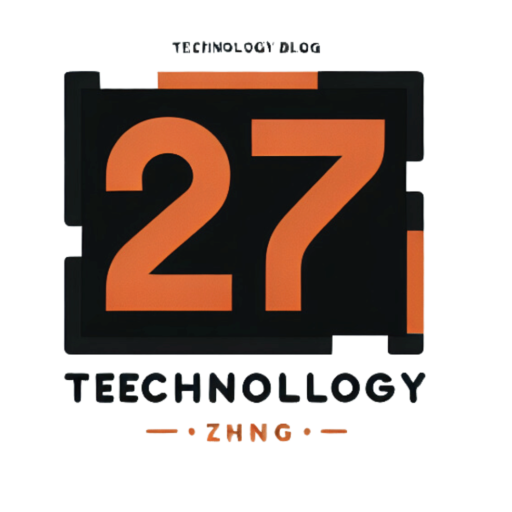
In 2024, the Industrial Internet of Things (IIoT) is revolutionizing the manufacturing industry, driving unprecedented levels of efficiency, innovation, and productivity. This transformative technology integrates sensors, software, and data analytics to create smart, connected manufacturing environments. As the world becomes increasingly interconnected, IIoT stands at the forefront of this evolution, reshaping how manufacturers operate and compete in the global marketplace.
1. Enhanced Operational Efficiency
One of the most significant impacts of IIoT on manufacturing is the enhancement of operational efficiency. By leveraging real-time data collected from sensors embedded in machinery, equipment, and production lines, manufacturers can gain valuable insights into their operations. This data enables predictive maintenance, where potential equipment failures are identified before they occur, reducing downtime and maintenance costs. For instance, a study by McKinsey & Company found that predictive maintenance can reduce maintenance costs by up to 30% and improve equipment uptime by 10% to 20%.
2. Improved Quality Control
IIoT technologies also play a crucial role in improving quality control processes. Smart sensors and advanced analytics tools monitor production quality in real-time, detecting defects or deviations from product specifications as they occur. This proactive approach to quality management ensures that products meet the highest standards and reduces the likelihood of costly recalls. For example, manufacturers using IIoT systems can achieve defect reduction rates of up to 50%, according to industry reports.
3. Real-Time Data Analytics
Real-time data analytics is a game-changer for the manufacturing sector. IIoT systems collect vast amounts of data from various sources, including production machines, supply chains, and inventory systems. Advanced analytics platforms then process this data to provide actionable insights that drive informed decision-making. For instance, real-time analytics can optimize production schedules, manage inventory levels more effectively, and streamline supply chain operations. This capability helps manufacturers respond quickly to market changes and customer demands.
4. Enhanced Supply Chain Visibility
The integration of IIoT in manufacturing extends to supply chain management, offering enhanced visibility and control over the entire supply chain. IoT sensors track and monitor goods as they move through the supply chain, providing real-time updates on their location and condition. This visibility allows manufacturers to better manage inventory, reduce lead times, and improve supplier relationships. A report by Deloitte highlights that IIoT can lead to a 20% reduction in supply chain costs and a 25% improvement in supply chain visibility.
5. Energy Management and Sustainability

Energy management and sustainability are critical concerns for modern manufacturers. IIoT technologies contribute to energy efficiency by monitoring energy consumption and identifying areas for improvement. Smart meters and sensors provide real-time data on energy usage, enabling manufacturers to optimize energy consumption and reduce waste. This approach not only lowers energy costs but also supports sustainability initiatives. According to a report by the World Economic Forum, IIoT can lead to a 10% to 15% reduction in energy consumption in manufacturing processes.
6. Workforce Empowerment
IIoT is also transforming the role of the workforce in manufacturing. Augmented reality (AR) and virtual reality (VR) technologies, powered by IIoT, provide workers with real-time information and guidance, enhancing their ability to perform tasks efficiently. Wearable devices and smart glasses equipped with IIoT sensors offer hands-free access to data and instructions, improving safety and productivity on the shop floor. This technology empowers workers to make informed decisions and contributes to a more skilled and engaged workforce.
7. Customization and Flexibility
The demand for customized products and flexible manufacturing processes is increasing. IIoT enables manufacturers to respond to these demands by providing the tools needed for agile production. Smart machines and flexible manufacturing systems, powered by IIoT, can quickly adapt to new product designs and production requirements. This capability allows manufacturers to offer customized products and shorten production cycles, meeting the needs of an ever-evolving market.
8. Cybersecurity Challenges
While IIoT offers numerous benefits, it also introduces cybersecurity challenges. The increased connectivity of manufacturing systems creates potential entry points for cyberattacks. Manufacturers must implement robust cybersecurity measures to protect sensitive data and ensure the integrity of their operations. This includes using encryption, secure access controls, and regular security updates to safeguard IIoT systems from potential threats.
Conclusion
In conclusion, the Industrial Internet of Things (IIoT) is profoundly transforming manufacturing processes in 2024. By enhancing operational efficiency, improving quality control, and providing real-time data analytics, IIoT is driving innovation and productivity in the manufacturing sector. The integration of IIoT extends to supply chain visibility, energy management, and workforce empowerment, offering a comprehensive approach to modern manufacturing challenges. As the technology continues to evolve, manufacturers must stay ahead of cybersecurity threats and embrace the opportunities presented by IIoT to remain competitive in the global market.










